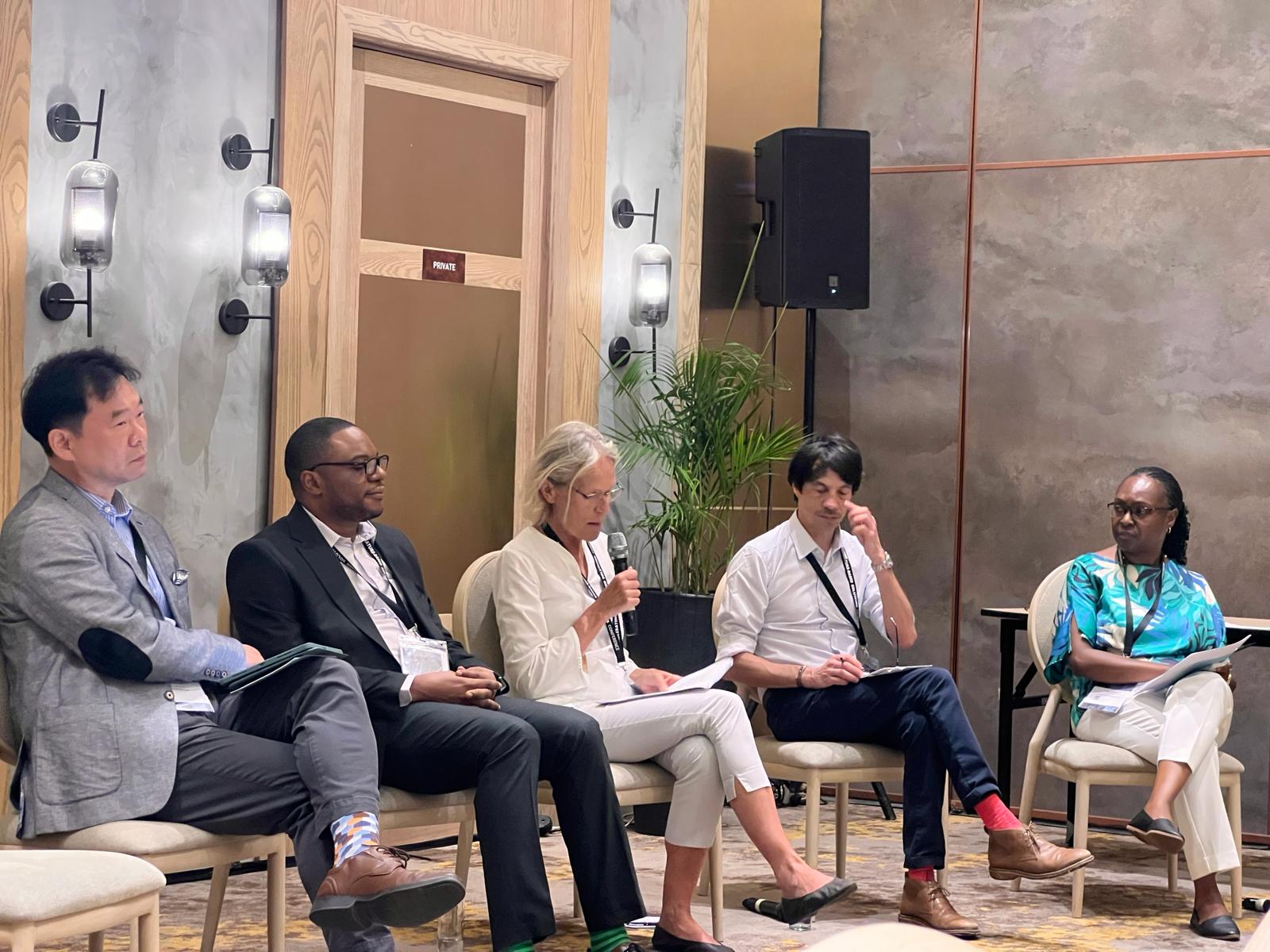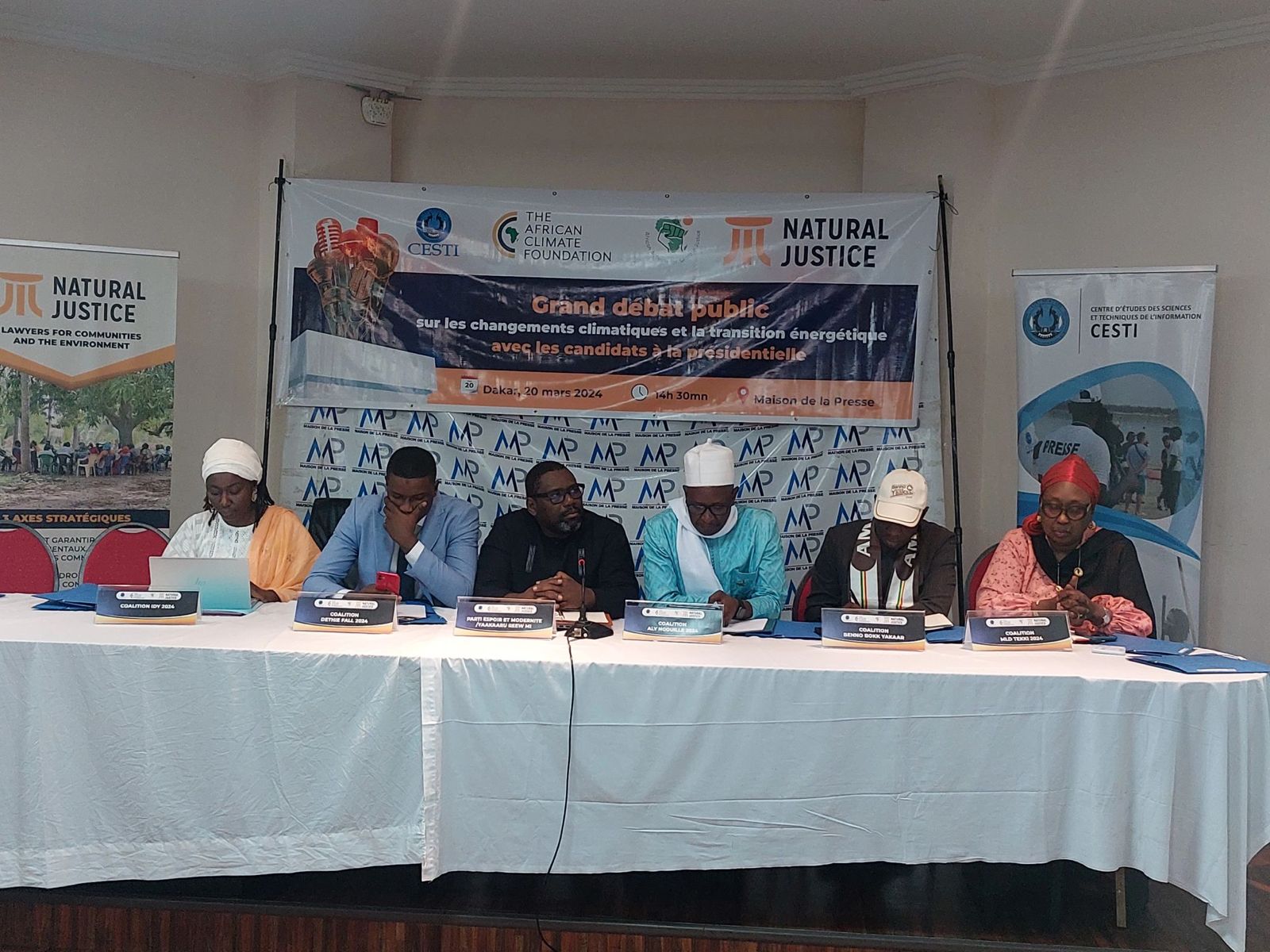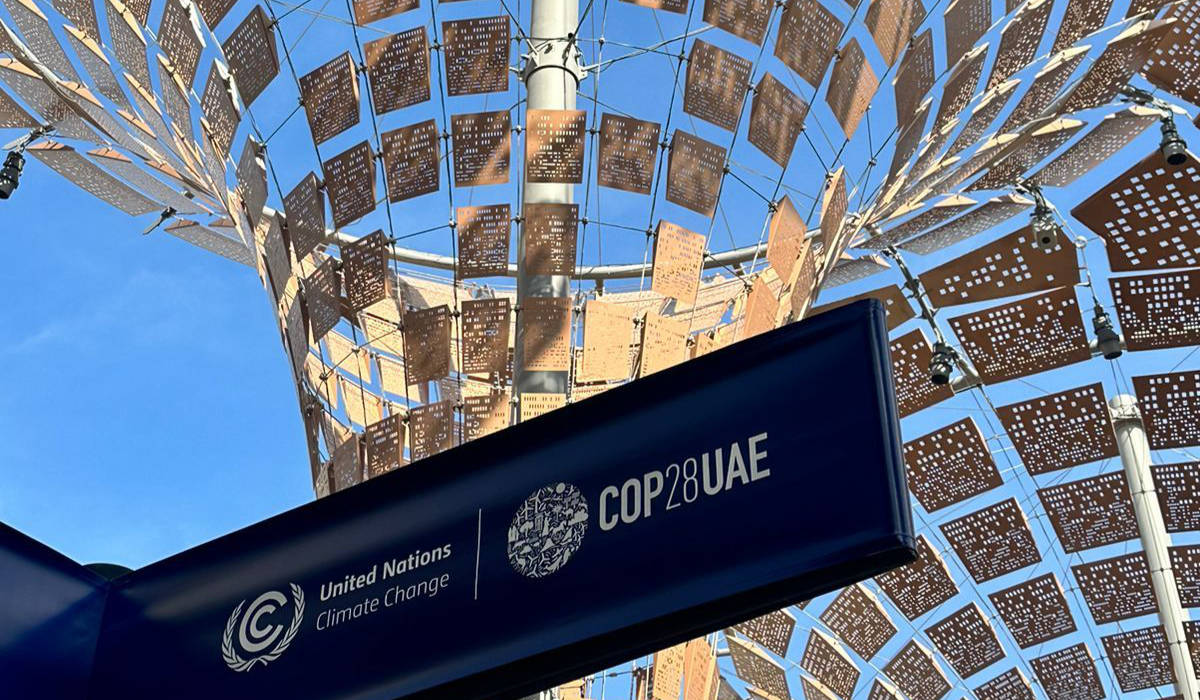South Africa has always been eager to excel in global climate diplomacy, often taking a lead in difficult negotiations over the years. But its coal-dependent economy has at times undermined its voice on the international stage.
South Africa’s negotiators were eager to show that South Africa wanted to play its part in reducing emissions, but the stark reality was that the bill to transition away from coal was too steep for the country to pay.
After the Paris Agreement of 2015, South Africa’s voice had become subdued as it tried to find the right note to balance its domestic energy policy with the climate diplomacy it wanted to take to the world stage. But at COP26, South Africa hit the right note.
In October the South African Institute of International Affairs (SAIIA) published an occasional paper probing the nation’s climate diplomacy. It found that climate diplomacy was a means to transform South Africa’s domestic energy economy, advance its economic interests and energy security, and champion Africa’s developmental priorities.
The researchers said that addressing South Africa’s domestic challenges of poverty, unemployment and inequality required the country to take a strategic approach to how it engaged internationally on climate change.
“Climate diplomacy is a means to transform South Africa’s domestic energy economy, advance its economic interests and energy security, and champion the continent’s developmental priorities.”
They found that the success of South Africa’s climate diplomacy depended on developing an intersectional strategy built on the country’s interests, deploying a varied diplomatic toolbox, and pursuing its priorities across multiple regional and global platforms.
“South Africa should insist on concrete commitments of technical and financial support from developed countries to address a shift to a low-carbon economy, and build political momentum through a diverse range of multilateral processes and platforms towards these ends.”
In the past couple of years it has also become clear that, should developing countries strengthen their climate diplomacy, they could attract the investments needed to pay the bill if they were to transition away from coal.
Countries risked being left behind if they did not develop the requisite foreign and trade relations capacity to claim a stake in the investment surge in decarbonised technology, innovation and infrastructure, the paper said.
According to the researchers it was important that South Africa should not only emphasise the centrality of the Paris Agreement, but also expand the range of climate diplomacy to other forums where key decisions on the future of decarbonisation are being made, including the G7 and G20.



